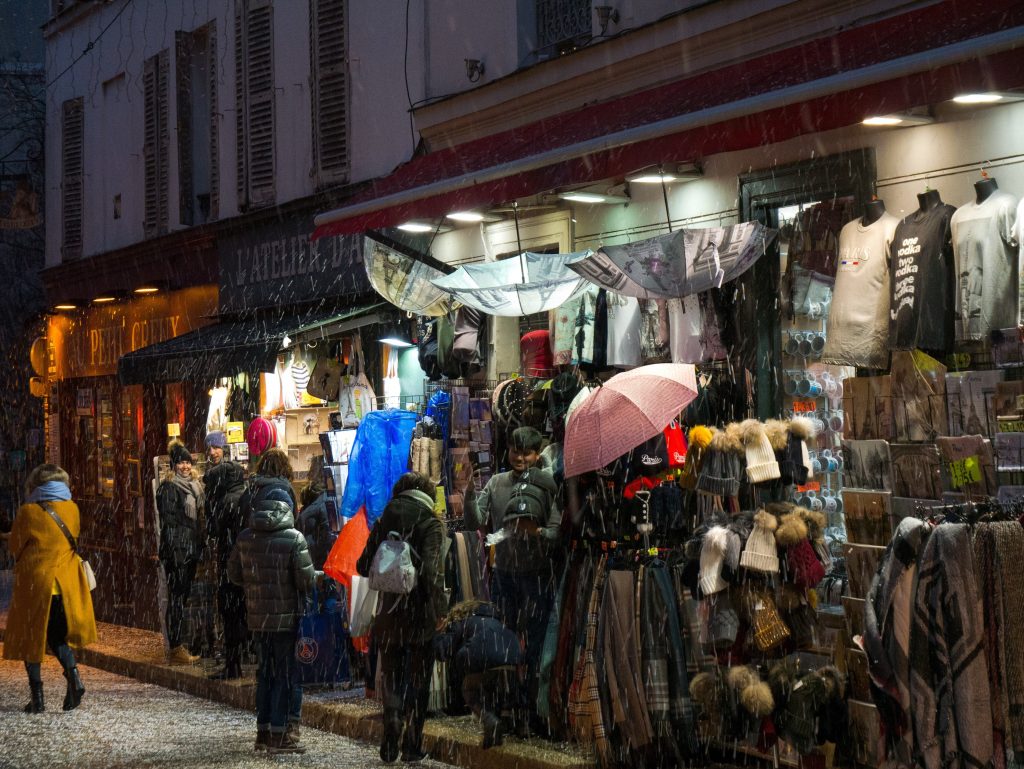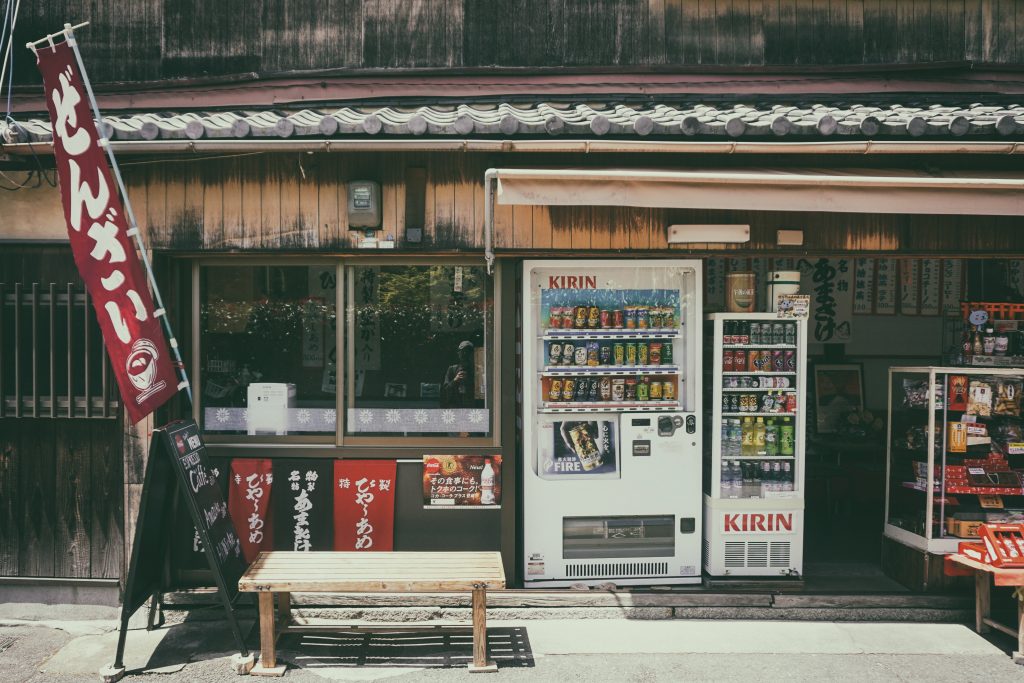Home › Business Insurance › Retail › Page 9

Computer repair and installation experts know that the stakes are

Skyscraper Insurance has developed a specialized, comprehensive program to fully

Consignment stores may have trouble locating insurance because many insurance

Convenience stores, including those that offer gas, food, car washes,
Retail insurance refers to the various types of insurance retail businesses need to purchase in order to be protected from liability in their day-to-day operations. Most small business retailers need, at a minimum, general liability and commercial property insurance, and can expect to pay at least $1,000 – $2,000 per year in combined premiums.
Finding the right coverage for your retail store is easy with Skyscraper insurance. Their team of experts will help you identify the insurance you need at the right price. Get a free, no obligation quote online in minutes.
How Retail Insurance Works
Retail insurance is not a specific insurance type but is instead a combination of all the coverage types that retailers need. Since the majority of retail business owners work with the public and have valuable assets, such as physical property and inventory, their primary insurance needs can be met with a business owners policy (BOP). A BOP can include general liability, commercial property, and business interruption coverage types.
The BOP makes it easy for small retailers to administer and pay for their insurance needs because you can combine your main coverage into a single policy. This can save you time since these insurance types will all come from the same provider, and you can save money on a BOP compared to what you would pay if you bought each coverage individually.
Since most retailers also have employees, workers compensation coverage is typically required. Depending upon the nature of the retail operation, other insurance types may be recommended. For example, if you use a vehicle in your business, you will need commercial vehicle insurance. These coverage types are purchased individually and have separate costs than your BOP.
Retail Insurance Costs
Retail insurance costs for small businesses range from about $500 to $1,000 per year for each coverage type you need. However, depending upon the coverage types selected and the risk exposures to the business, premiums can be lower or higher than this average range.
Since there are many different types of retail businesses that have unique insurance needs, your business’s costs may vary compared to the average retail insurance cost. Also many businesses buy a business owners policy (BOP) because it combines general liability, property insurance, and business interruption coverage, if needed. The costs you’ll end up paying will vary based on your industry.
Your industry won’t be the only thing that determines your costs. You’ll also pay extra for having more employees or asking for a lower deductible. Each individual retailer will get their own costs quote based on their business attributes and long-term term needs.
Here are some of the primary impacts on the cost of retail insurance:
Number of employees
Annual revenue
Coverage limits needed
Value of merchandise/inventory
Store location
Industry
Type and amount of customer personal data you store
As you can likely predict from this list, costs are going to vary widely by retailer. For example, a flower shop with one employee will have a much lower cost of insurance than a jewelry store with five employees. This is because the jewelry store will require more workers compensation and commercial property coverage types. Plus, jewelers sell expensive merchandise, which will require higher coverage limits.
Skyscraper Insurance provides expert solutions to protect your assets and secure your future with unparalleled service.
© Skyscraper Insurance Services Inc.
Designed & Developed by Harry Baker